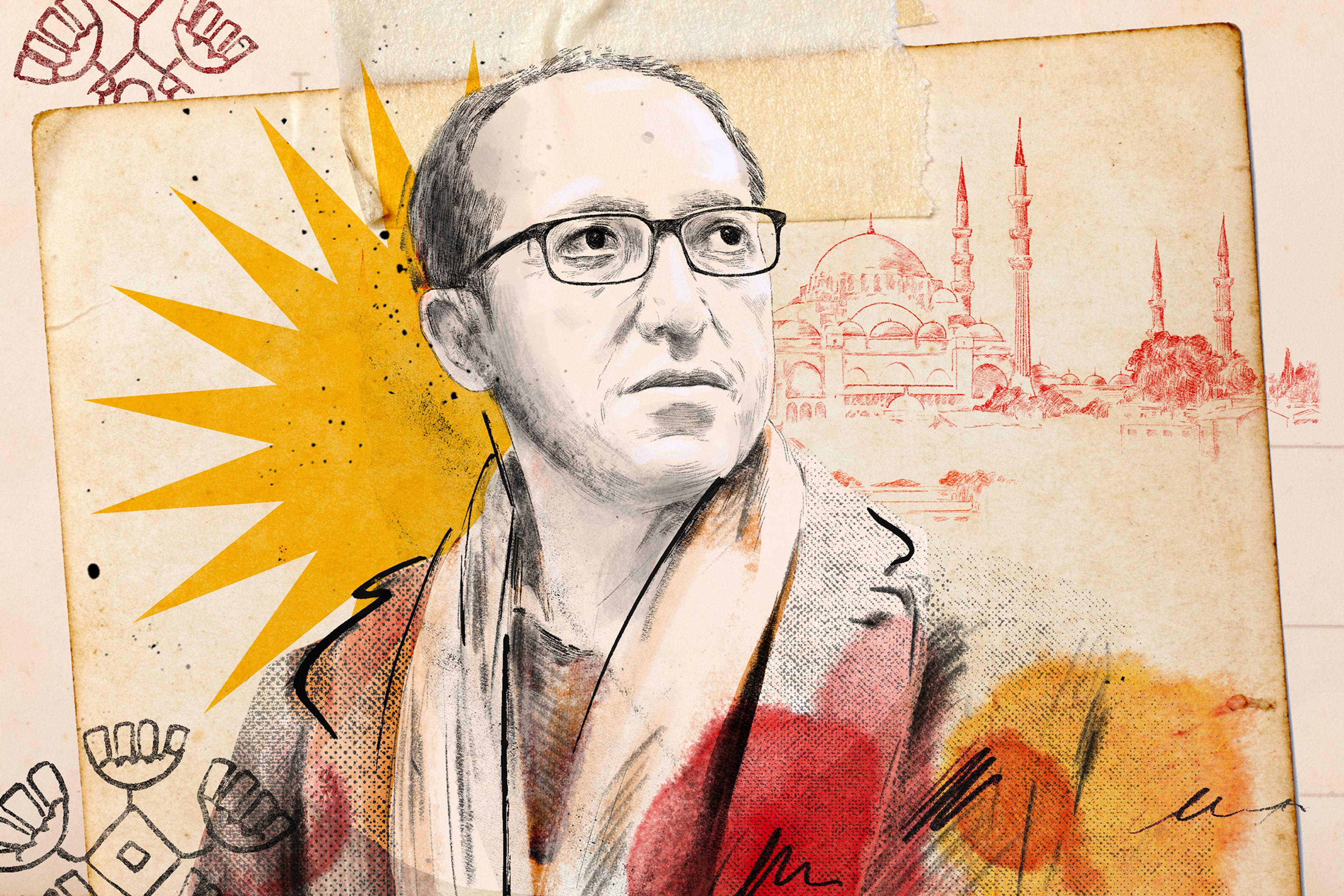
‘Each of us has a song’
Burhan Sönmez, now the president of PEN International, was a rising human rights lawyer in Turkey. A brutal assault nearly killed him – and propelled him to a life in literature
by Kaya Genç

Burhan Sönmez, now the president of PEN International, was a rising human rights lawyer in Turkey. A brutal assault nearly killed him – and propelled him to a life in literature
by Kaya Genç
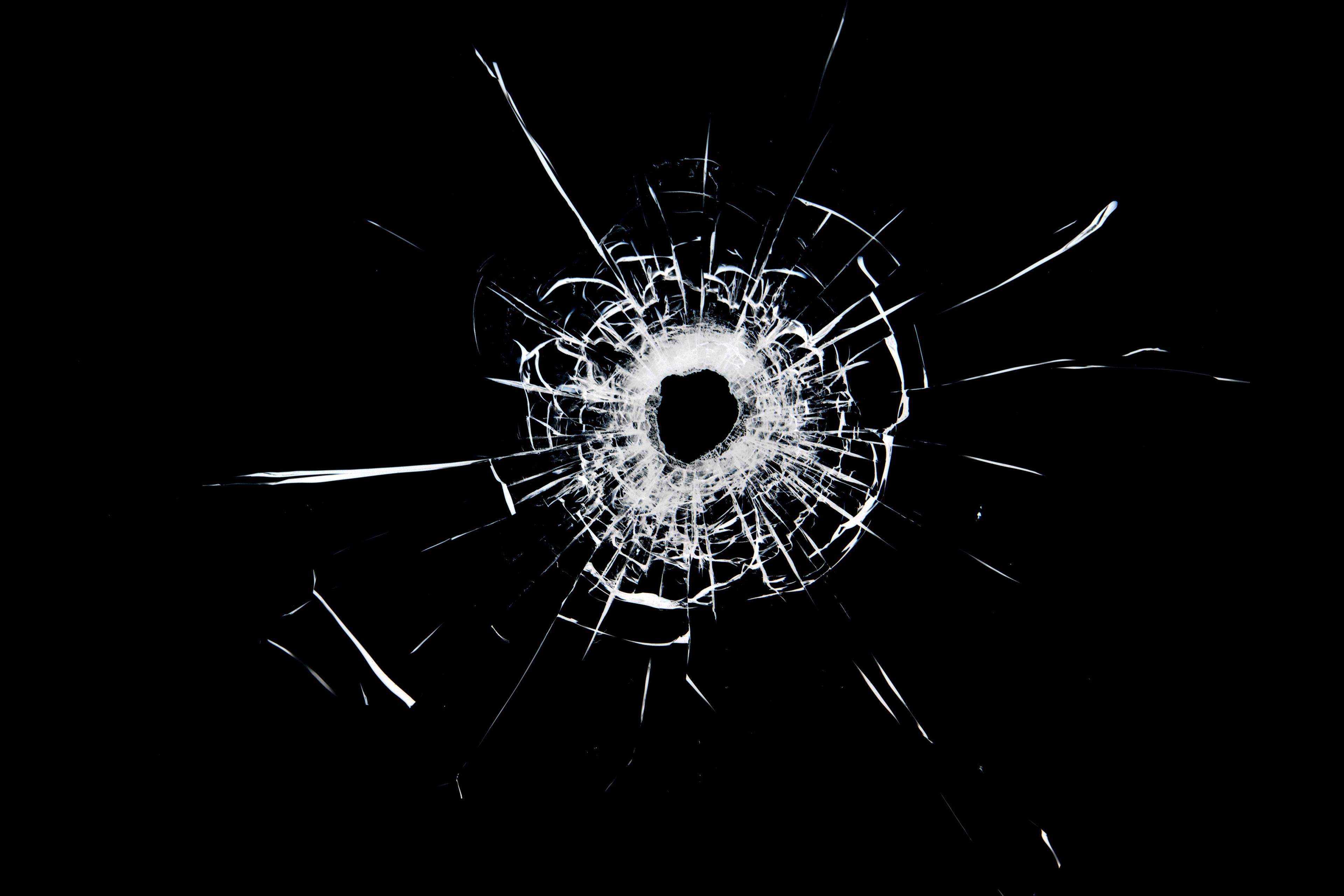
A random shooting left me with crippling PTSD. Could magnetic stimulation of my brain quiet the terror?
by Madison Lamb

Cast out by my family as a child, I was groomed by a sex trafficker. I’m finally done with cowering
Jose Alfaro, as told to Larry Lindner
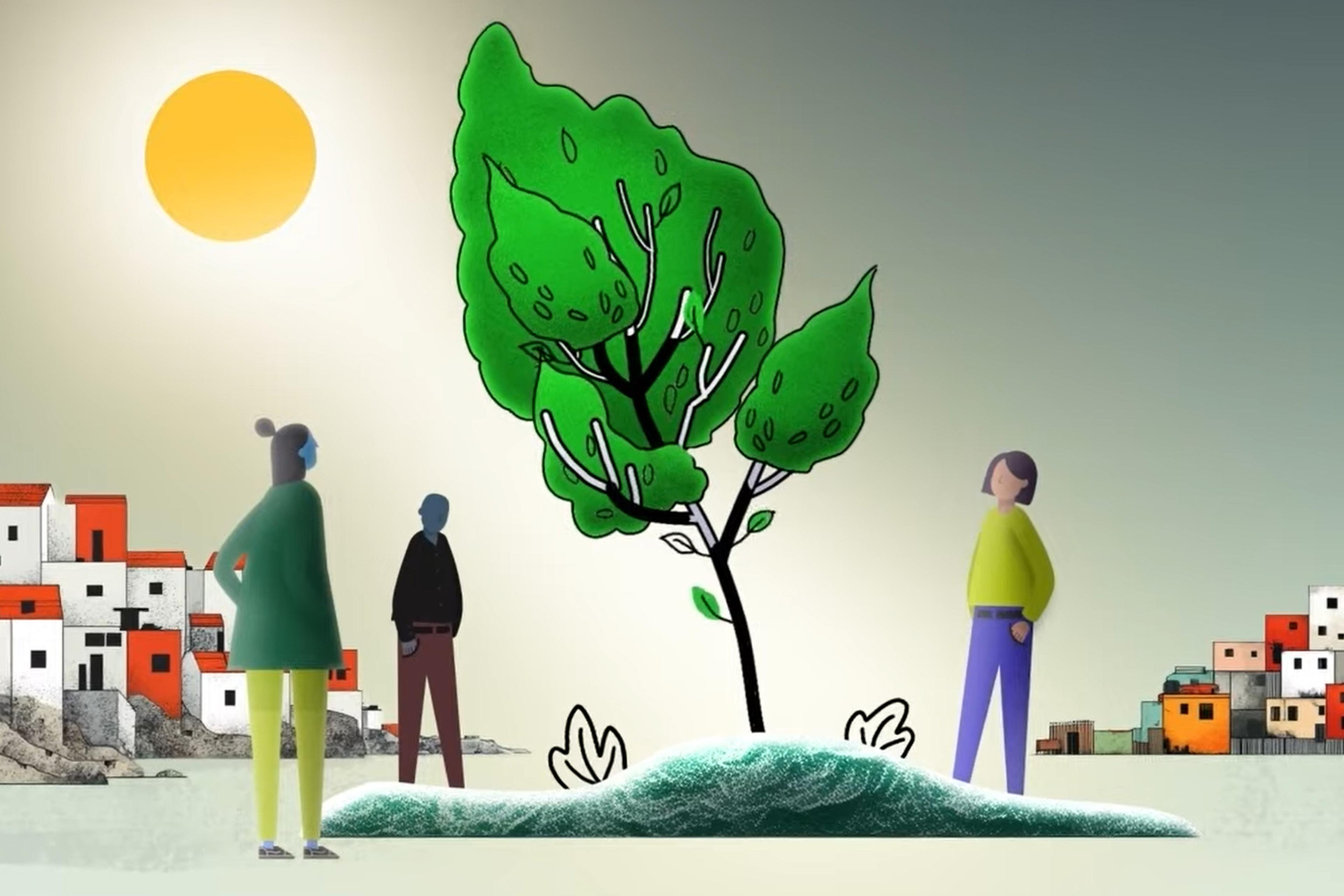
Video by BBC Ideas

Two decades of anorexia obscured who I was beneath my sickness. Then a stranger saw me
by Miranda Gold

Directed by Frøydis Fossli Moe
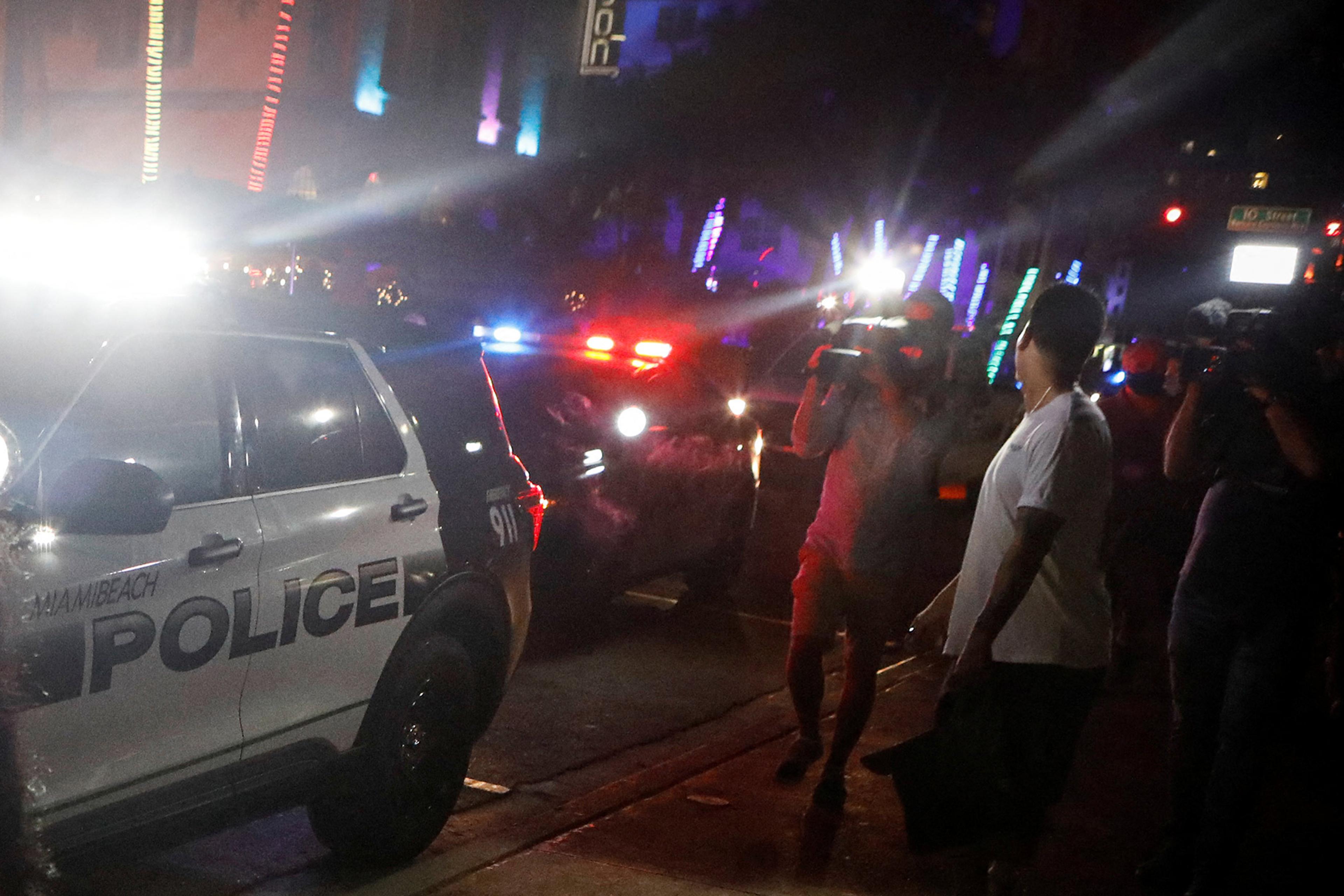
Is it possible to feel grief and survivor’s guilt after a mass shooting that didn’t occur?
by Jess Keefe

Wracked with unknown fear, I’d never been able to sleep through the night. Then I went scuba diving
by Lindsay Lee Wallace
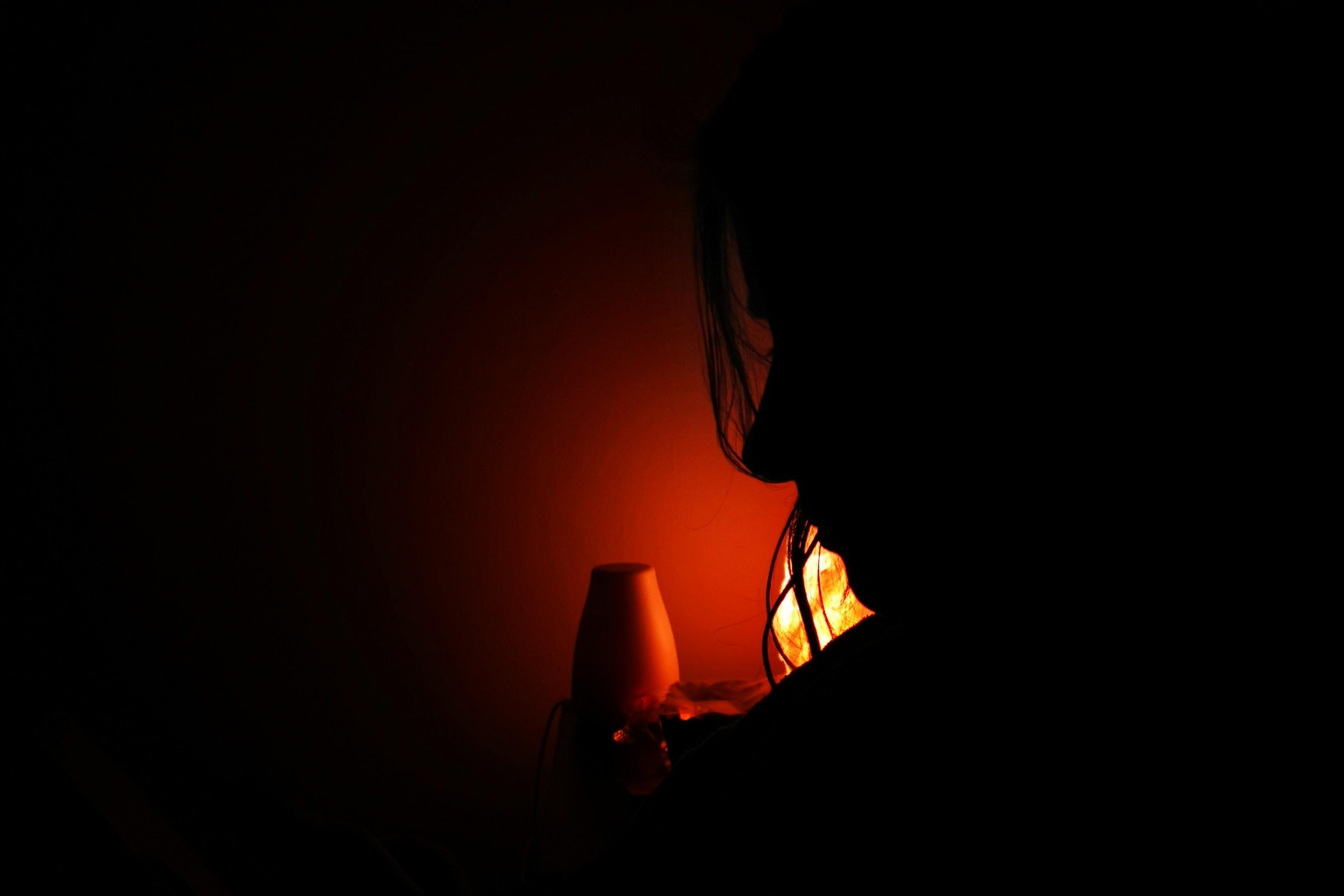
The end of a friendship cracked me apart, triggering hidden memories – and helping me heal old wounds
by Antonia Malchik
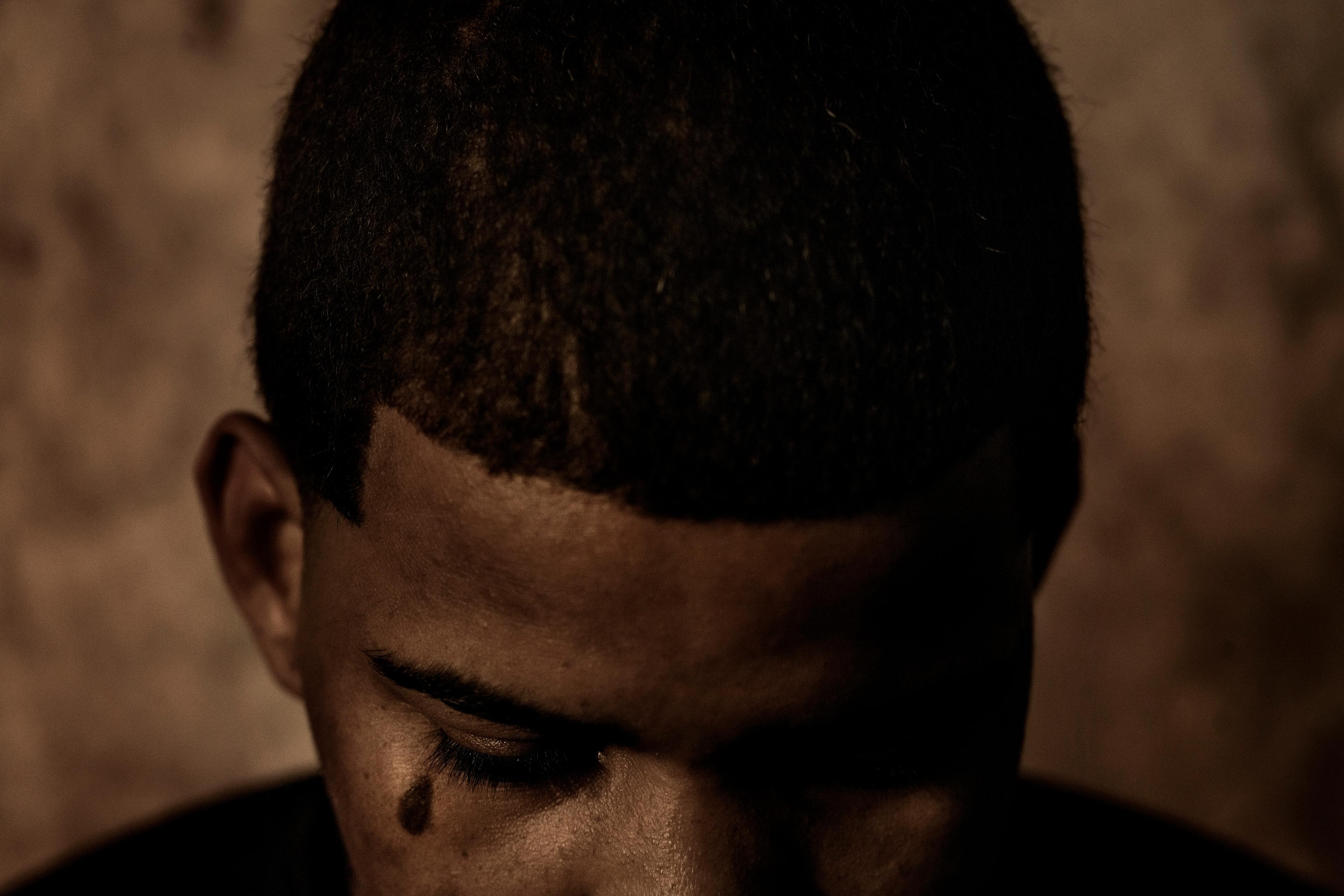
They are too often ignored, yet sex differences affect the kind of trauma people experience and the effect it has on them
by Klára Hanáková
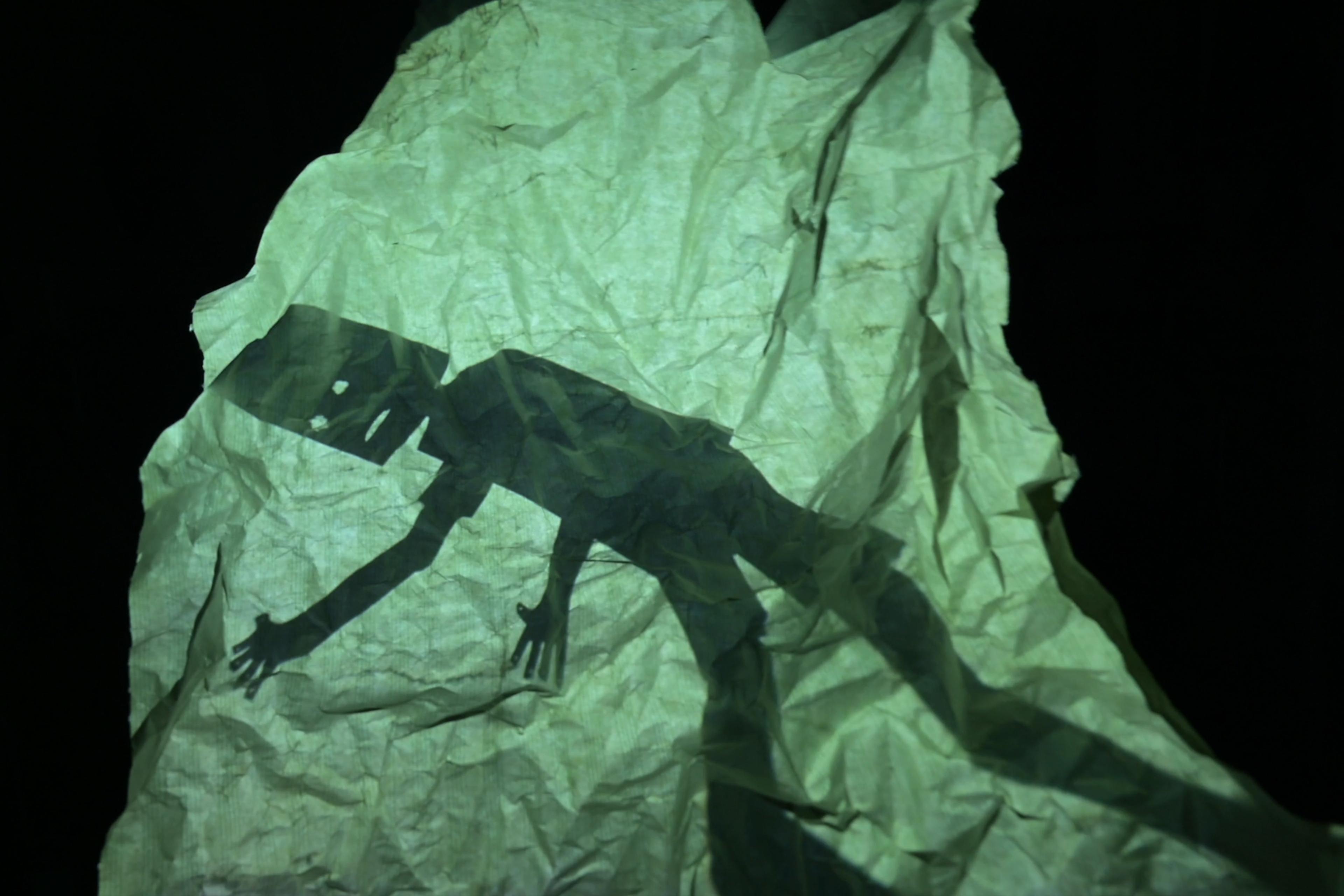
A film by Tony Gammidge
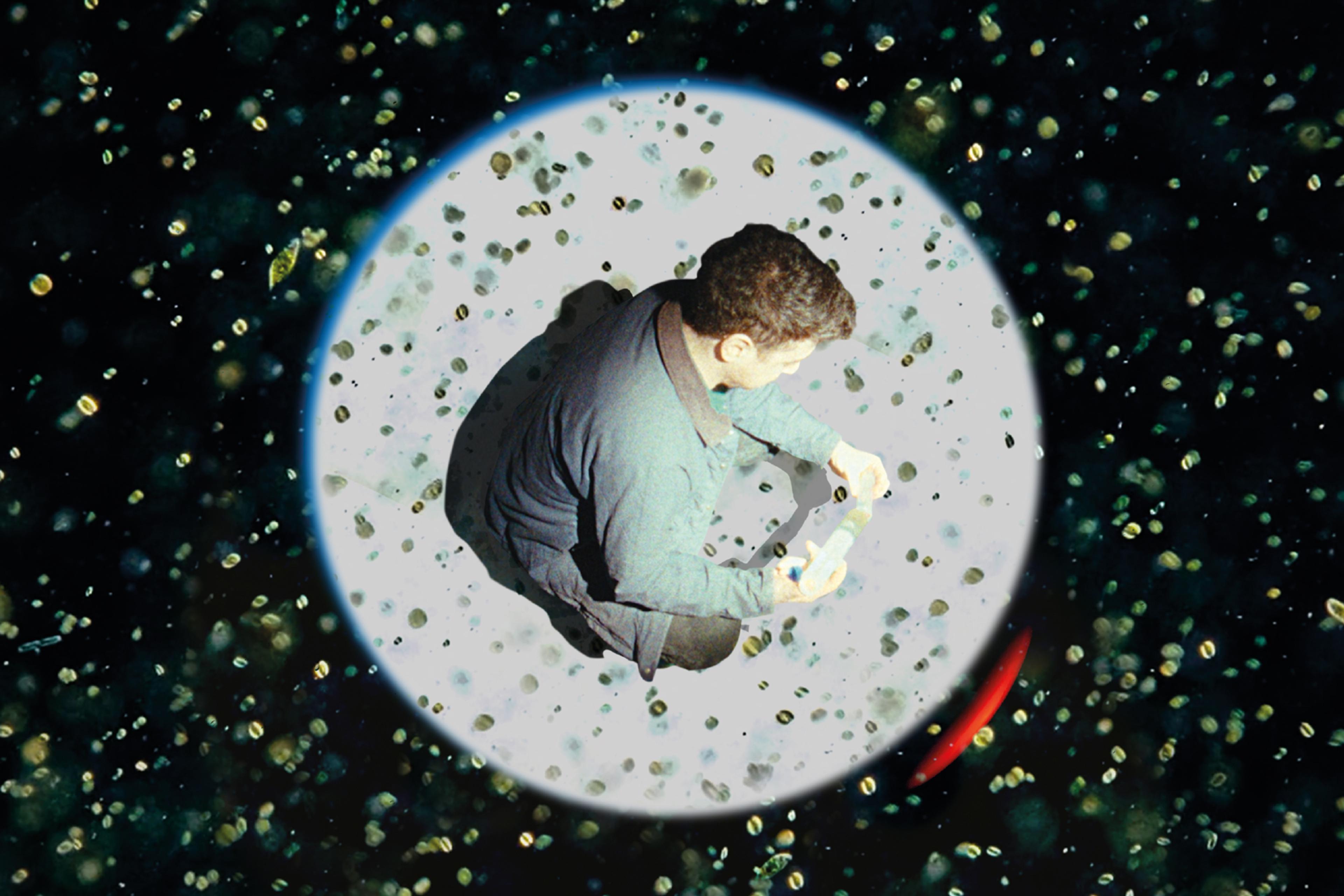
Directed by Spencer MacDonald
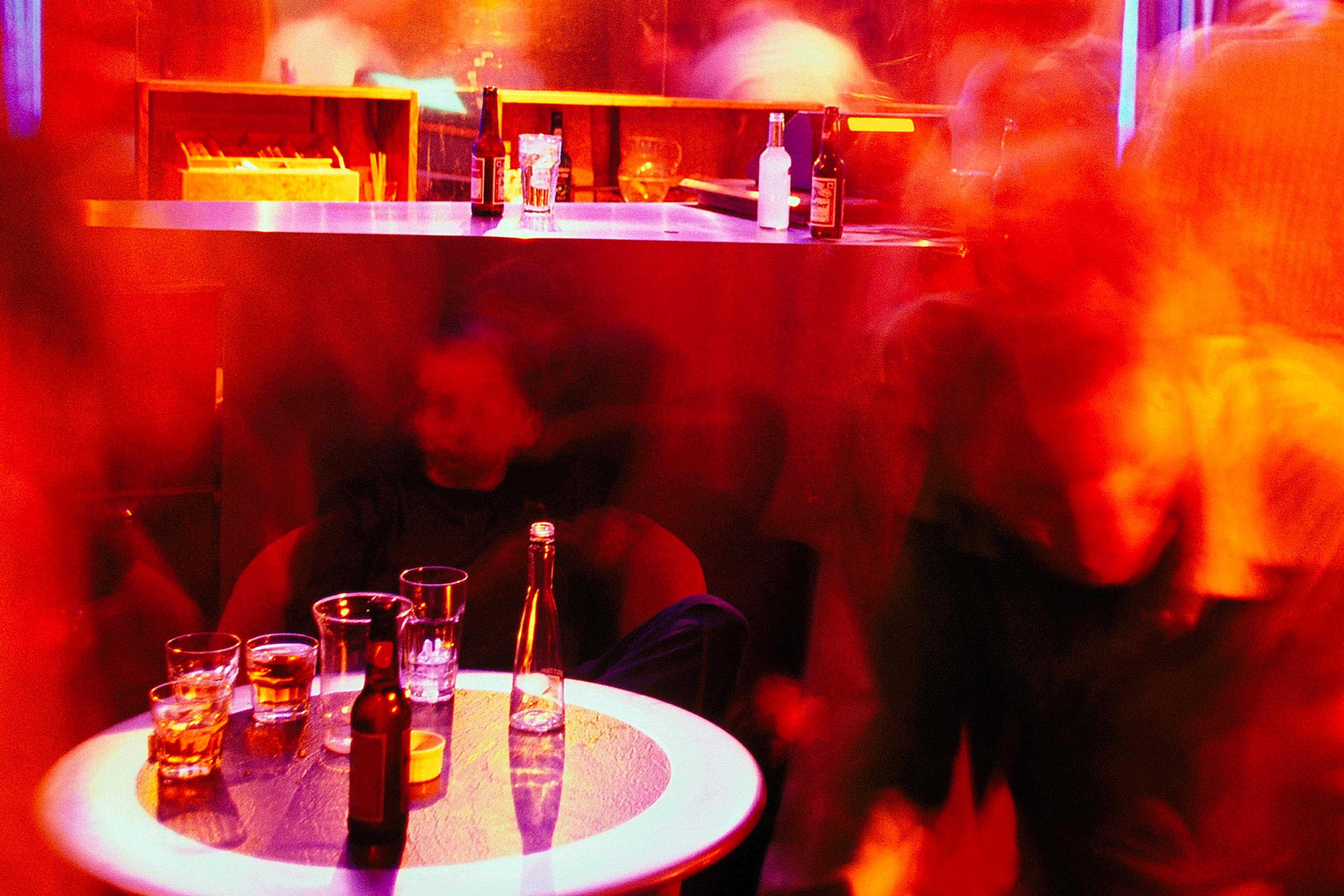
Discovering I have aphantasia helped me understand my response to being assaulted and why I wasn’t debilitated by PTSD
by J B Smith
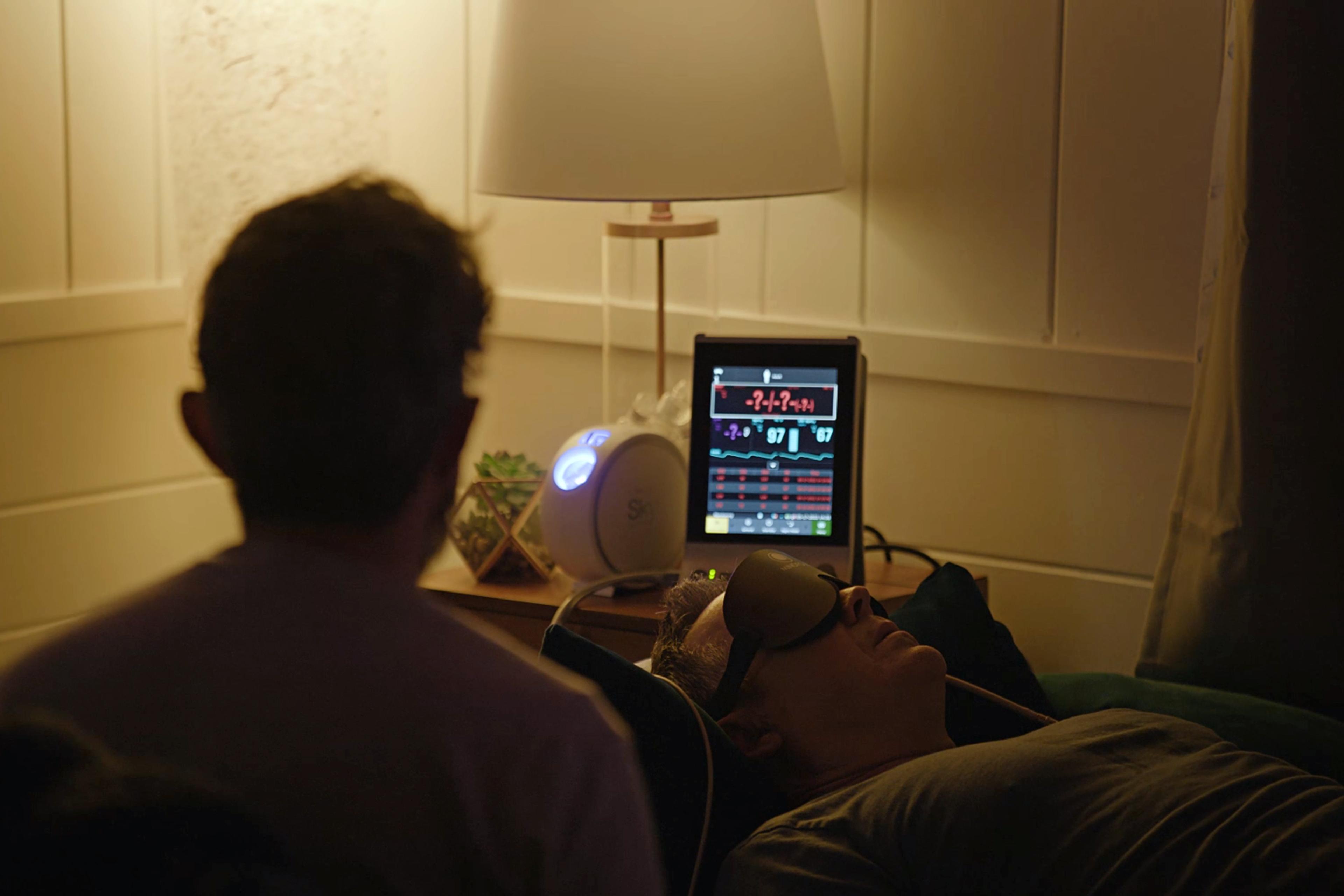
Directed by Brandon Kapelow
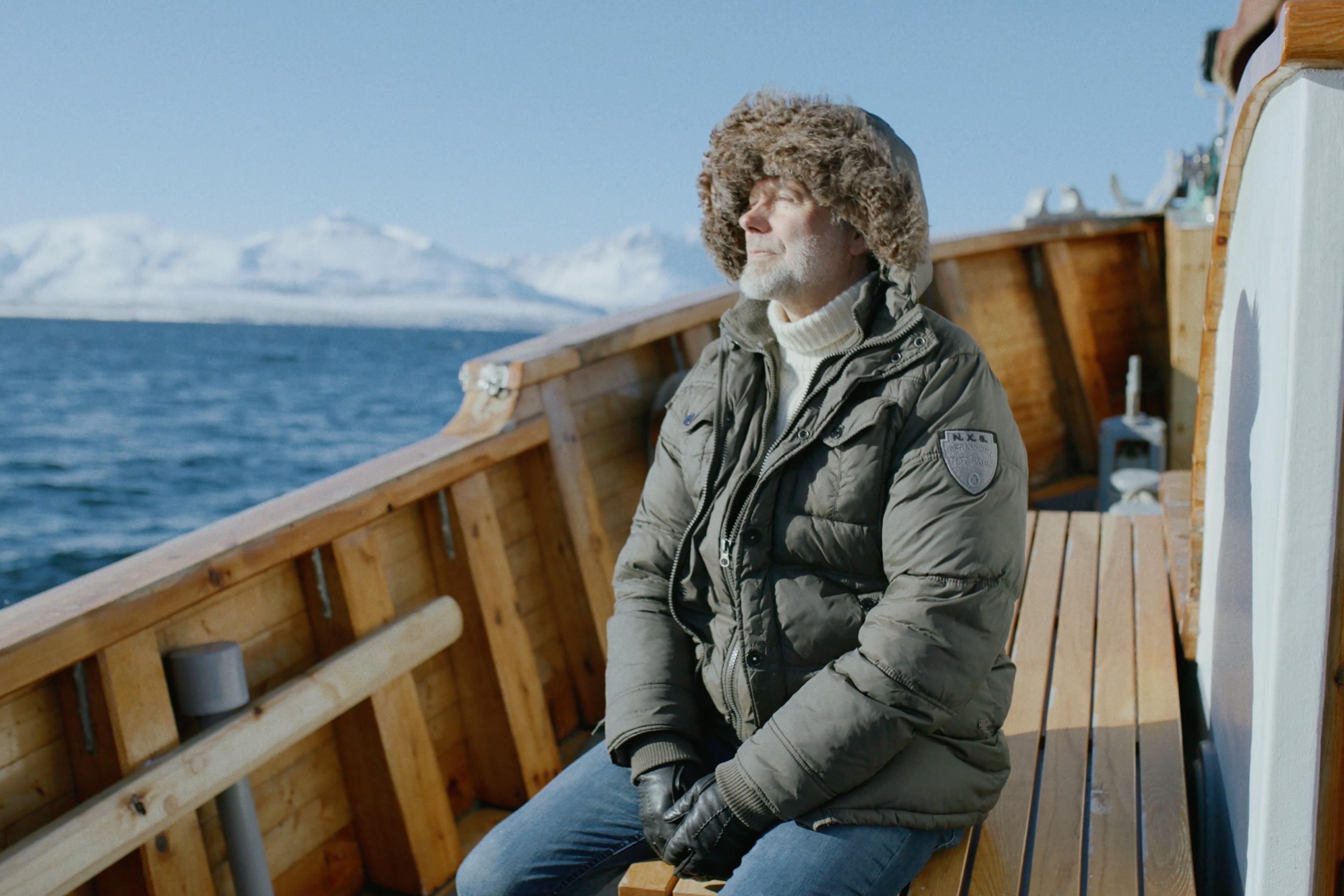
Directed by Daniel Benjamin Wheeler

For someone who’s endured trauma, an eating disorder might be one of the aftereffects. That should inform their recovery
by Giulia Suro